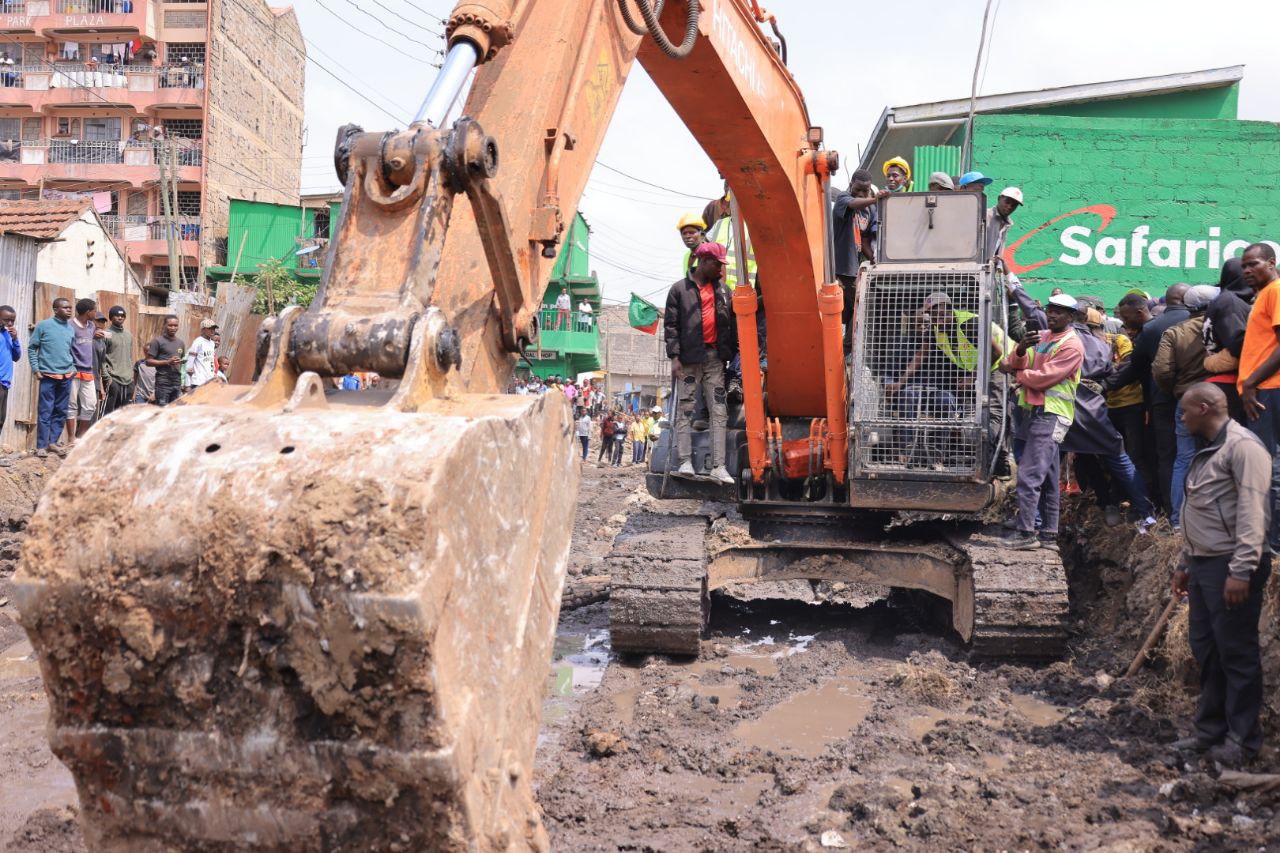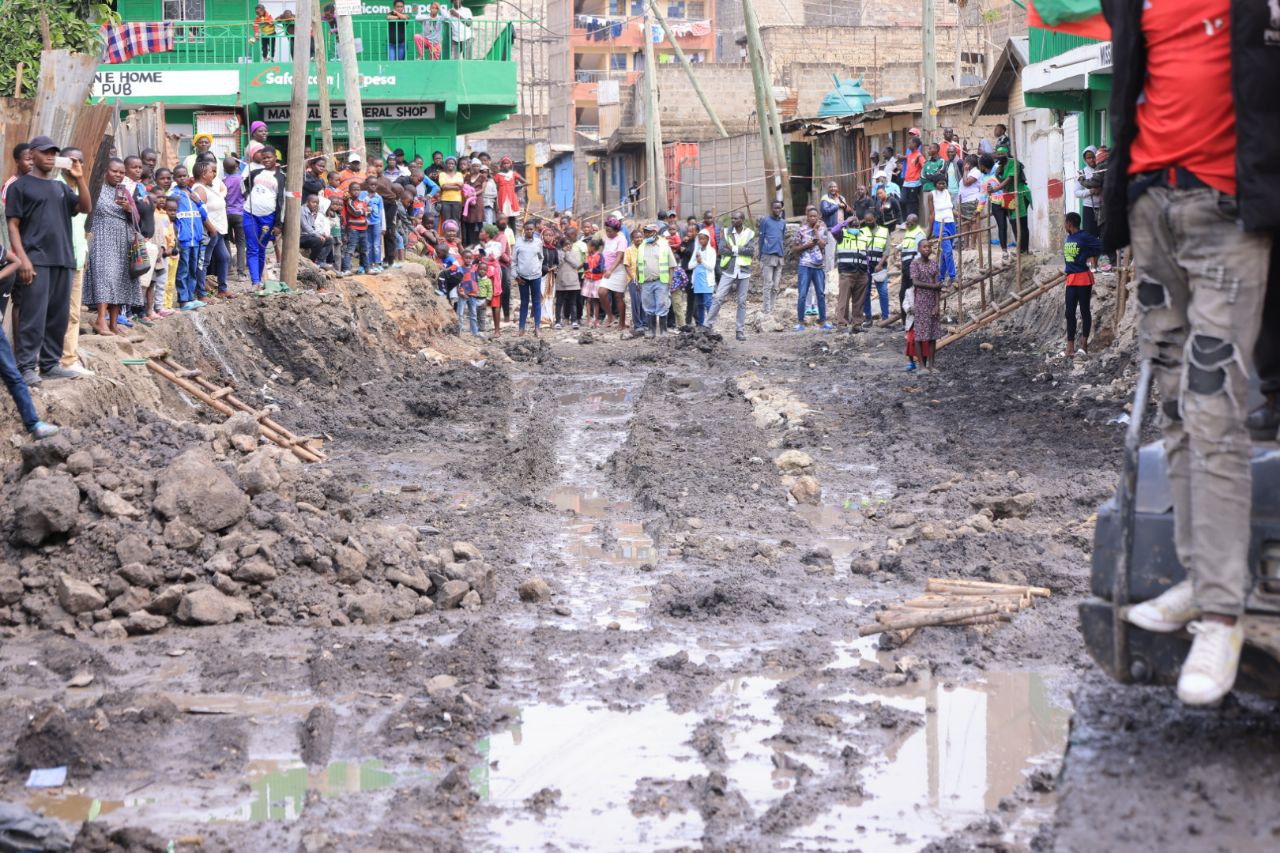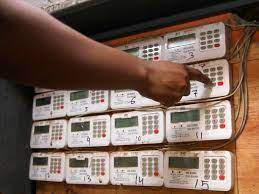Four Nairobi informal settlements set for face-lift in Sh578 million plan

Governor Johnson Sakaja told The Eastleigh Voice that the project will include upgrading roads, stormwater drainage, solid waste management, water supply, and street lighting.
At least 400,000 Nairobi residents living in informal settlements are set to benefit from the second phase of the Kenya Informal Settlement Improvement Project (KISIP).
The Sh578 million project funded by the World Bank will be implemented in KISIP Two will be implemented in four settlements, located in the Embakasi East, Mathare, and Roysambu sub-counties.
More To Read
- High-rise living in Nairobi’s Pipeline estate is stressful: How men and women cope
- Nairobi informal areas get sanitation boost through new simplified sewer system
- Kenya’s urban slum schools: Why access doesn’t guarantee better learning outcomes
- Nairobi MCAs urge Sakaja, Ruto to prioritise slum development amid funding delays
- Senator Sifuna demands probe into Kenya Power for billing unconnected Nairobi residents
- Forgotten hygiene: Handwashing struggles in Nairobi slums as Covid protocols fade
The targeted slums are Kayole Soweto, Kambi Moto, Embakasi Village, and Kahawa Soweto informal settlements
Governor Johnson Sakaja told The Eastleigh Voice that the project will include upgrading roads, stormwater drainage, solid waste management, water supply, and street lighting.
"The project is expected to redevelop about 5 kilometres of roads across the four informal settlements and 232 street light poles to enhance security and create employment for the jobless youths in slum areas," he said.
Nairobi residents are still facing challenges in accessing proper water and sanitation despite efforts to restore sewer systems.
A report by Athi Water Works Development Agency on Independent community free water supply projects in 2021 revealed that only 48 per cent of the population is connected to sewer systems. City dwellers in informal settlements have difficulties accessing water.
Employment opportunities
The Governor highlighted that the employment opportunities generated by the KISIP slum eradication project will prioritise unemployed youths and women, particularly those in underprivileged circumstances.
 A section of a road in Kayole Soweto, Embakasi East Sub-county on August 23, 2024. (Photo: Nairobi City County Government)
A section of a road in Kayole Soweto, Embakasi East Sub-county on August 23, 2024. (Photo: Nairobi City County Government)
"We are transforming the livelihoods of Nairobi residents, the unemployed youths and women in slum areas should be given priority for the jobs in the KISIP project," Sakaja said.
"We will improve roads, open up drainage, put up floodlights and sewerage services. I want to formalise the informal settlements, " Sakaja added.
Looking at the Kenya Informal Settlement Improvement Project phase two project, Kayole Soweto settlement will receive the lion's share of the funds at Sh357.2 million.
The allocated works will include the construction of 800 meters of roads, stormwater management, and walkways, as well as 1.2km of sewerage infrastructure. Additionally, the project will install 44 streetlight poles in the area.
Kahawa Soweto has been allocated Sh108.10 million while Embakasi Village and Kambi Moto were allocated Sh83.10 million and Sh29.64 million respectively.
This redevelopment not only promises to enhance living standards but also significantly expands housing availability in the city.
On October 13, 2021, the defunct Nairobi Metropolitan Service announced that 13 informal settlements in Nairobi were set for an upgrade at a cost of Sh1.4 billion, financed by the World Bank.
The first four settlements targeted in the first phase are Kahawa Soweto, Embakasi Village, Kayole Soweto and Kambi Moto.
The other settlements included Huruma Fire Victims, Pumwani Majengo, Spring Valley, Matopeni, City Carton, Redeemed, Mathare Fire Victims, Ex- Grogon and Mji wa Huruma. However, the project didn't start as expected.
Top Stories Today












































